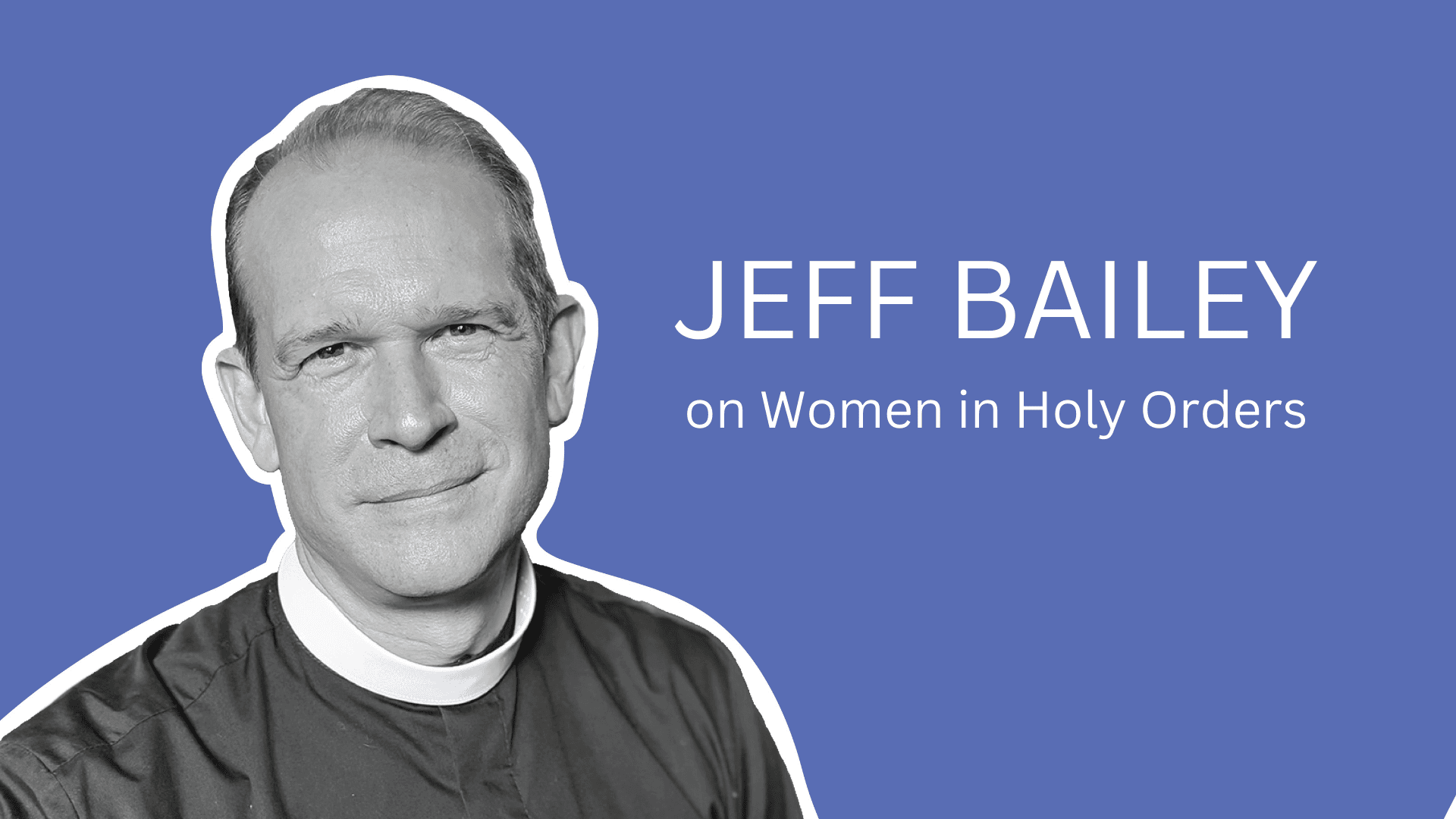I have been in full support of ordained women’s leadership at all levels of the church for the last 25 years. When I was still a Vineyard pastor, the Vineyard was just beginning to move in an egalitarian direction, which I supported. I then moved from the Vineyard to the Church of England, where women have been ordained as priests since the mid-1990s. There I sat under the ministry of incredibly effective female priests in various contexts. Our children were baptized in our parish church by one of the first female priests ordained in the Church of England, and I trained and mentored dozens of female ordinands who would go on to priestly ministry in the church. I believe there are strong and persuasive arguments for this position from scripture and tradition, as well as theology and missiology. If elected, I will joyfully nurture, advocate for, and champion women as deacons, priests, rectors, and church planters in C4SO.
In moving from England and joining the ACNA, I began to learn about its “dual integrities” approach to this issue – in recognition that the universal Church is divided on the issue of women’s ordination. These divisions are reflected within the ACNA, of course, from one diocese to the next. In serving within the Diocese of Christ Our Hope, which ordains women to the diaconate only (though viewing the vocational diaconate as a robust ministry that includes preaching and pastoral roles), I have sought to recruit, nurture, and promote women as leaders to the fullest extent allowed by the diocese’s constitutions and canons. When I took on the role five years ago, the diocese had ordained a handful of female deacons, and had only three in the ordination process. Five years later we have ordained nearly 20 female deacons, with 19 women currently in the ordination process. To further these efforts, I began a Strategic Ministry Initiative focused on women’s leadership in the diocese; we appointed a female Chaplain dedicated to supporting female ordinands; and I invited women to lead in visible ways wherever possible, such as preaching for the primary Eucharist service at major diocesan retreats. All of this has been intended to create a visible culture of female leadership to the fullest extent allowed by our canons.
As I reflect on the last five years, I believe the experience of seeking to promote women, even in contexts where there are certain limitations, has made me a better leader, and able to more empathetically engage an issue around which so much disagreement exists in the ACNA. Bishops are called not only to lead their dioceses, but to lead in conciliar ways within the wider Church, seeking the mind of Christ together. That being said, if I am elected bishop of C4SO, it will be an enormous joy to champion women to the fullest extent of my convictions. I would look forward to building on, and expanding, the foundations for women’s leadership that have been laid down in C4SO thus far.

